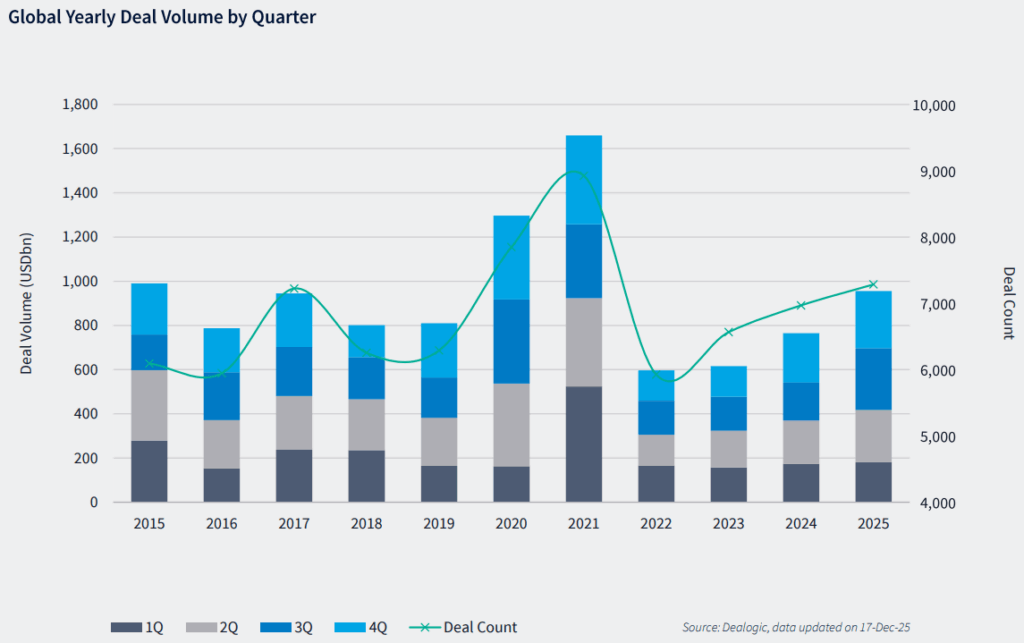Despite Trump’s tariffs pause, trade-war risks continue to cloud Hong Kong IPO market
Summary
Asian equities largely rebounded Thursday (10 April) following days of declines, as US President Donald Trump put a brake on a set of tariffs, versus many of the country’s major partners.
The world’s largest economy, nonetheless, decided to go ahead with an even heavier 125% tariffs on goods from China, the global No.2 economy.
Hong Kong’s Hang Seng Index rose 2%, a tad better than China’s CSI 300 Index’s 1.3% gain.
But they both underperformed many other indices in the region. You name it – Japan’s Nikkei 225 surged 9.1%, Taiwan’s benchmark index recouped 9.3%, while South Korea’s KOSPI rebounded 6.6%.
Recent spikes in volatility have thrown into question the initial public offerings in the pipeline of Hong Kong, which bounced back in 1Q25 to be the region’s top equity capital market after a long hiatus. Many of the potential issuers are companies already traded in China.
Among the deals are CATL, Lens Technology, and Luxshare Precision Industry, as reported by this news service earlier.
When or whether these and any other deals will get off the ground any time soon has become highly uncertain, according to bankers and lawyers following the market.
A banker said around 90% of his 30 scheduled meetings with potential investors have been canceled.
According to a second banker, an investor who had agreed to join a USD 500m IPO, which he didn’t identify, has chickened out last minute “after getting a call from US headquarters.”
The investor, the banker said without naming, now needs to clear US headquarters for investment decisions, a departure from his previous practices.
“Generally speaking, the Hong Kong stock market is at a very uncertain point,” said a lawyer with a US firm, based in Hong Kong. “Cornerstone investors tend to show hesitance, which will mostly affect issuers at a later stage of the IPO process.”
And as a result, some companies may have to delay the timetable due to difficulties in finding willing investors, the lawyer said.
“Companies at an earlier stage of the IPO process, such as those that have yet to submit filings, most are proceeding as scheduled,” the lawyer said. Companies are also closely monitoring the evolving situation, based on which a decision on whether to file A1 would be made, he added.
In a nutshell, companies that have kicked off the IPO process may choose to march ahead, while those that haven’t may opt for a pause, said a second lawyer, and a Hong Kong-based banker associated with a Chinese bank.
“For IPOs that already kicked off, there is no substantial impact,” said the second lawyer, associated with a US firm but based in China. “But for IPO projects that have not begun, issuers may have concerns due to stock market volatility.”
The quality of issuers matters even more in drastic moments like now.
“Blue chip, good companies are ok,” a banker with a Chinese investment bank said. “Smaller companies may be affected.”
As the market swings from one end of the spectrum to another moment to moment globally, one investor in Hong Kong said he prefers high-conviction names to better manage risks.
At the end of the day, hopes are that investors will certainly cherry-pick IPOs with solid fundamentals or growth prospects.
The rest might as well just wait.











